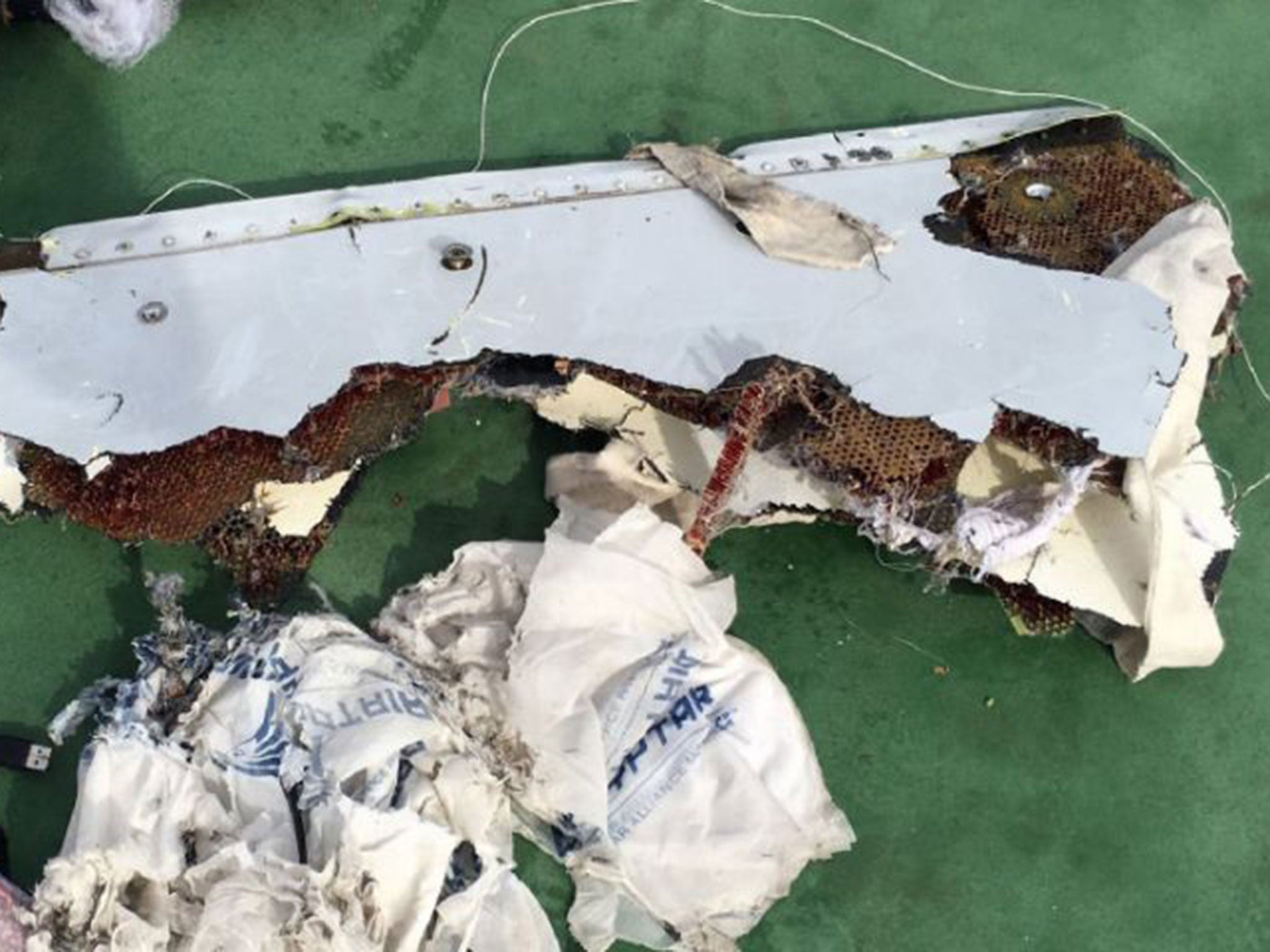EgyptAir MS804: Investigators fail to download data from the plane's black box
The pilots did not report distress before the crash and no-one has claimed responsibility for bringing down the aircraft

Your support helps us to tell the story
From reproductive rights to climate change to Big Tech, The Independent is on the ground when the story is developing. Whether it's investigating the financials of Elon Musk's pro-Trump PAC or producing our latest documentary, 'The A Word', which shines a light on the American women fighting for reproductive rights, we know how important it is to parse out the facts from the messaging.
At such a critical moment in US history, we need reporters on the ground. Your donation allows us to keep sending journalists to speak to both sides of the story.
The Independent is trusted by Americans across the entire political spectrum. And unlike many other quality news outlets, we choose not to lock Americans out of our reporting and analysis with paywalls. We believe quality journalism should be available to everyone, paid for by those who can afford it.
Your support makes all the difference.Investigators have been unable to download the black box information recovered from the debris of the EgyptAir passenger plane that crashed in the Mediterranean last month.
Flight MS804 was flying from Paris to Cairo when it crashed into the sea on 19 May killing all 66 people on board.
The voice and data recorders will now be flown to Paris to have salt removed as the French aviation accident investigation bureau attempts to repair the damage.
The recorders will then be returned to Cairo for data analysis, according to the Egyptian investigative committee.
French and US investigators have overseen attempts to extract information from the black boxes as the recorders were produced by US company Honeywell, while the plane, an Airbus A320, was manufactured in France.
The pilots did not report distress before the crash and no-one has claimed responsibility bringing down the aircraft.
Black box memory units normally provide investigators with pilot conversations, engine data and information about the autopilot and navigation systems.
According to radar readings, the aircraft made violent movements after cruising in clear skies.
The Airbus A320 descended rapidly from 38,000ft to 15,000 before disappearing at 10,000ft.
Join our commenting forum
Join thought-provoking conversations, follow other Independent readers and see their replies
Comments